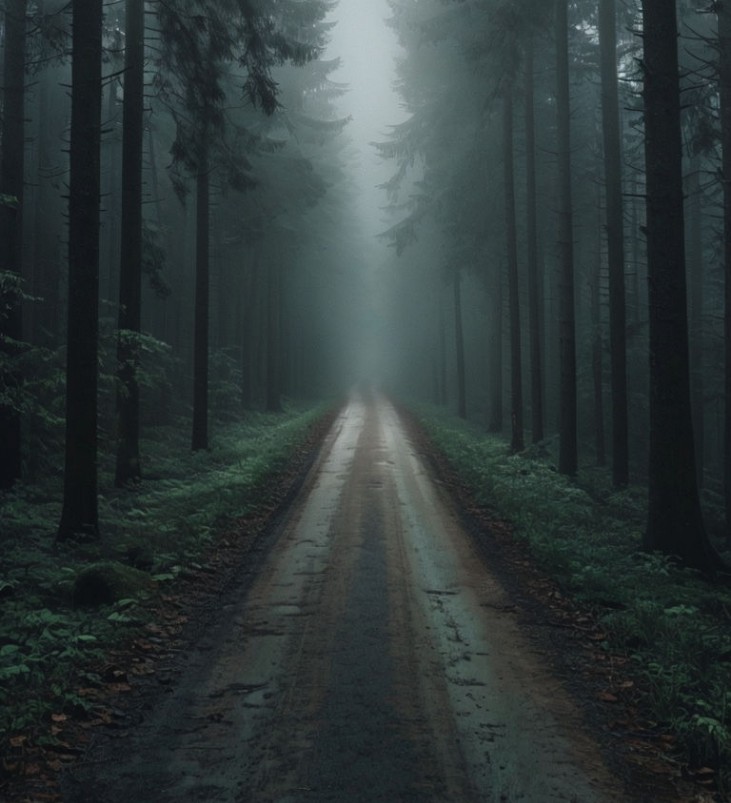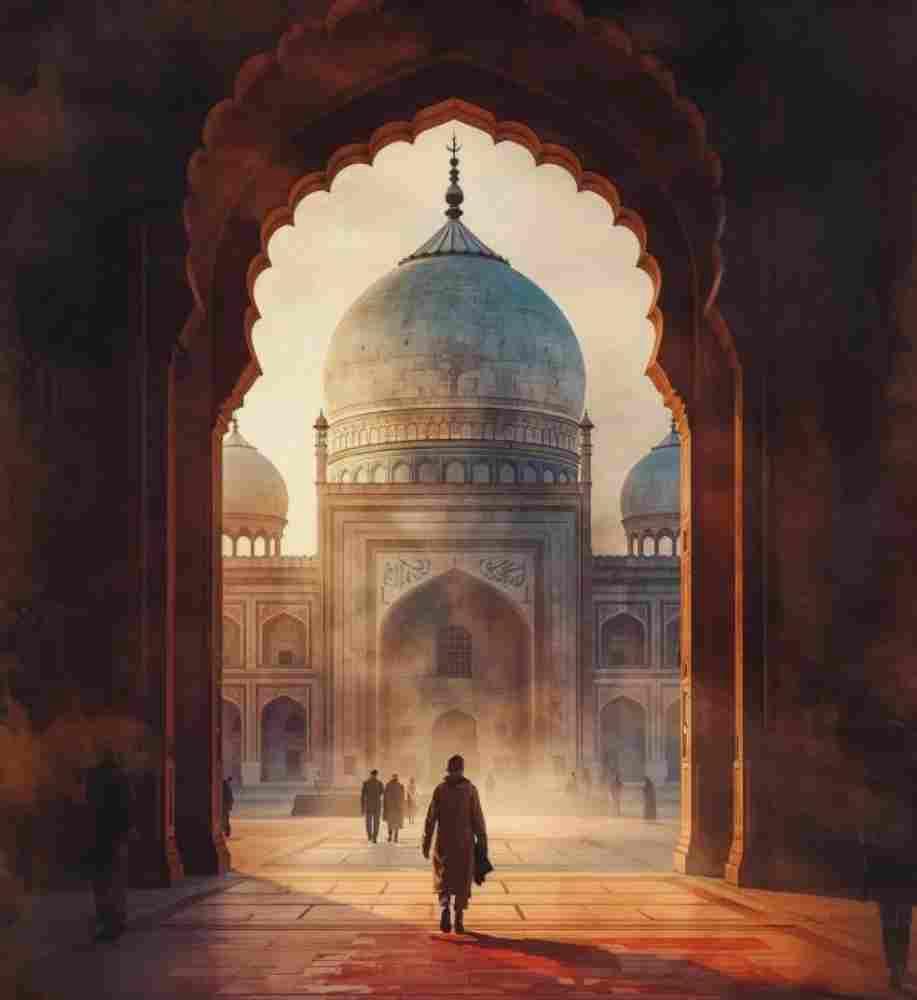By Obaid Sahil (Pakistan)
The World we live in today is marked by a profound and unsettling transformation, a transformation that touches every corner of our planet and every aspect of our lives. Over the past centuries, human progress has reshaped the earth in ways both subtle and dramatic, creating an era so deeply influenced by our actions that scientists now call it the Anthropocene. In this time, the natural world, once thought to be vast and untouched, is rapidly fading into memory. Forests that were once teeming with diverse life are disappearing and the very concept of wilderness is being redefined.
It is impossible to ignore the fact that our environment is dying. In many regions, the signs of decay are visible to anyone who takes a moment to look. Forests that once stretched endlessly have been cut down for agriculture and urban development, leaving behind barren lands or monoculture plantations that lack the rich diversity of life they once supported. The steady advance of climate change is shifting weather patterns, causing unpredictable storms, prolonged droughts, and catastrophic floods. In the oceans, warming waters and acidification are bleaching vibrant coral reefs, turning them into ghostly remnants of their former glory.
One of the most heartbreaking aspects of this crisis is the loss of species. Each animal, plant, and microorganism that disappears represents a unique story, a story of evolution, adaptation, and coexistence. Iconic species, from majestic elephants to colorful tropical birds, are increasingly at risk of extinction due to habitat loss, pollution, and the spread of invasive species. The relentless pace of human activity, driven by the desire for growth and progress, leaves little room for the slow, natural processes that have maintained life on earth for billions of years.
As we witness this mass extinction, it becomes clear that the very idea of a pristine wilderness is slipping away. For much of human history, nature was seen as a refuge, a place of beauty, mystery, and untamed freedom. National parks and nature reserves were established in an effort to preserve these remnants of the past, hoping that they could serve as windows into a time when nature was pure and unspoiled. However, even these protected areas are not immune to the reach of modern society. Pollution drifts on the wind and through the water and climate change alters the delicate balance of ecosystems that had once seemed eternal.
Yet, amid this bleak picture, there is still hope. Across the globe, scientists, activists, and communities are coming together to find solutions. Conservation efforts are underway to protect endangered species and restore damaged ecosystems. Projects that once seemed like science fiction, such as rewilding, where native species are reintroduced into their former habitats, are now being implemented with the goal of rekindling the lost spark of natural diversity. In some cases, these efforts have already shown promising results, suggesting that even in a world as altered as ours, there is still a chance to heal and rebuild.
Modern society finds itself caught in a paradox. On one hand, our technological achievements and economic growth have brought unprecedented comfort and convenience. Advances in medicine, communication, and transportation have transformed our lives in ways that were once unimaginable. On the other hand, these same developments have led to an unsustainable exploitation of the natural world. The drive for more and more resources, more products, more wealth, often comes at the expense of the environment.
This tension between progress and preservation is at the heart of the current crisis. Our cities are expanding, our consumption is increasing, and our waste is piling up, yet these signs of human ingenuity are also symbols of a deeper disconnect from nature. In the rush to build a better future, we have forgotten that our future depends on the health of the natural world. Every tree cut down, every river polluted, and every species lost chips away at the foundation of life itself. Recognizing this, some thinkers argue that it is time to redefine what progress means. Instead of measuring success solely by economic growth,
In the face of such overwhelming challenges, it is natural to feel a sense of despair. Yet, despair can also be a catalyst for action. When we confront the harsh realities of environmental decline, we are compelled to ask difficult questions and to seek out new solutions. The struggle to save nature is a struggle for our very survival, and it demands a level of commitment and creativity that is as remarkable as it is necessary. By embracing this challenge, we can transform our relationship with the natural world from one of exploitation to one of respect and care.





